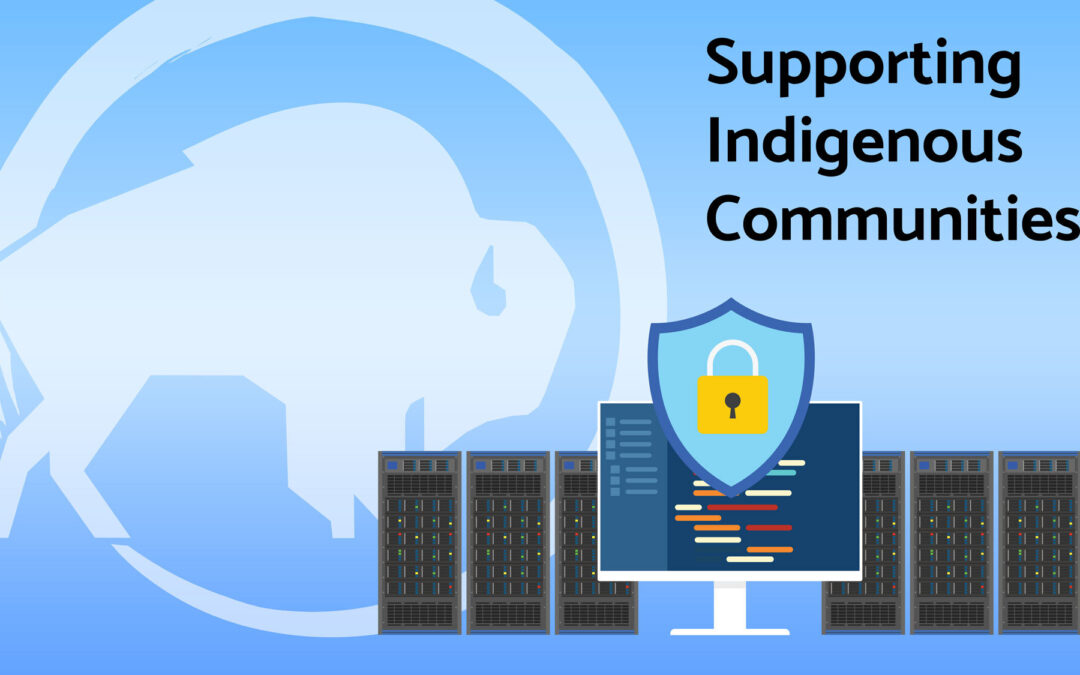In today’s rapidly advancing digital world, data is often referred to as the new currency. It holds the power to shape decisions, drive innovation, and preserve histories. But when it comes to Indigenous communities, data isn’t just information—it’s a crucial part of cultural heritage, identity, and governance. Ensuring this data is handled with the utmost care, respect, and security is where culturally sensitive data management becomes vital.
Why Culturally Sensitive Data Management Matters
Cultural heritage is more than just a record of the past; it is a living legacy that informs present governance and future decision-making. Indigenous communities, in particular, have unique governance systems and traditions that must be preserved, respected, and protected in a digital environment.
Culturally sensitive data management ensures that:
- Ancestral knowledge and teachings are preserved with respect and accuracy.
- Family histories are maintained with the cultural protocols for who can access or share that information.
- Governance systems and community protocols are recorded and protected in ways that reinforce Indigenous self-determination.
Without this sensitivity, there is a risk that data management could inadvertently undermine the very cultural practices and governance systems it is meant to support.
The Role of Data Sovereignty in Indigenous Governance
At the heart of effective data management for Indigenous communities is the principle of data sovereignty—the right of a community to own, control, and determine how their data is used. This ensures that Indigenous people remain the stewards of their cultural, historical, and governance information, protecting it from misuse and unauthorized access.
Data sovereignty allows communities to:
- Set their own rules around data access and usage.
- Maintain control over sensitive cultural information.
- Safeguard data from external entities or institutions that might seek to use it without proper consent.
By asserting data sovereignty, Indigenous communities can further their self-governance efforts and ensure their data remains in their hands.
Importance of Data Management and Storage Safety
In addition to cultural sensitivity, the technical side of data management—ensuring data is securely stored and protected—cannot be overlooked. For Indigenous communities, the loss or breach of data could result in the erosion of important cultural practices, the misuse of governance information, or a loss of trust within the community itself.
Key elements of secure data storage include:
- Encryption: All data, whether in transit or at rest, should be encrypted to protect it from unauthorized access.
- Access Control: Clear, community-determined permissions must dictate who can access, edit, and share data.
- Regular Backups: Data should be backed up frequently in secure environments to prevent permanent loss in the event of technical failure.
- Cultural Compliance: Beyond technical security measures, it’s crucial to integrate cultural protocols into data handling, ensuring that the data is treated with respect and managed according to traditional guidelines.
By combining cultural protocols with modern data management practices, Indigenous communities can protect both the integrity of their data and the cultural knowledge it represents.
Strengthening Communities Through Thoughtful Technology
As technology evolves, it’s critical that Indigenous communities have the tools to manage their data in a way that aligns with their values and governance structures. Secure, culturally aware data management not only helps preserve Indigenous culture but also strengthens governance and decision-making capabilities.
By focusing on data sovereignty, culturally sensitive management, and robust storage safety practices, Indigenous communities can ensure that their data remains a vital resource for future generations, allowing them to shape their governance, protect their heritage, and sustain their cultural practices.
At One Nation Governance, we strive to provide communities with tools that uphold their data
sovereignty. Our approach focuses on supporting Indigenous people to manage their data with both cultural sensitivity and the highest levels of security. By aligning modern technology with traditional values, we help ensure that Indigenous communities can control their information and protect their cultural heritage for generations to come

